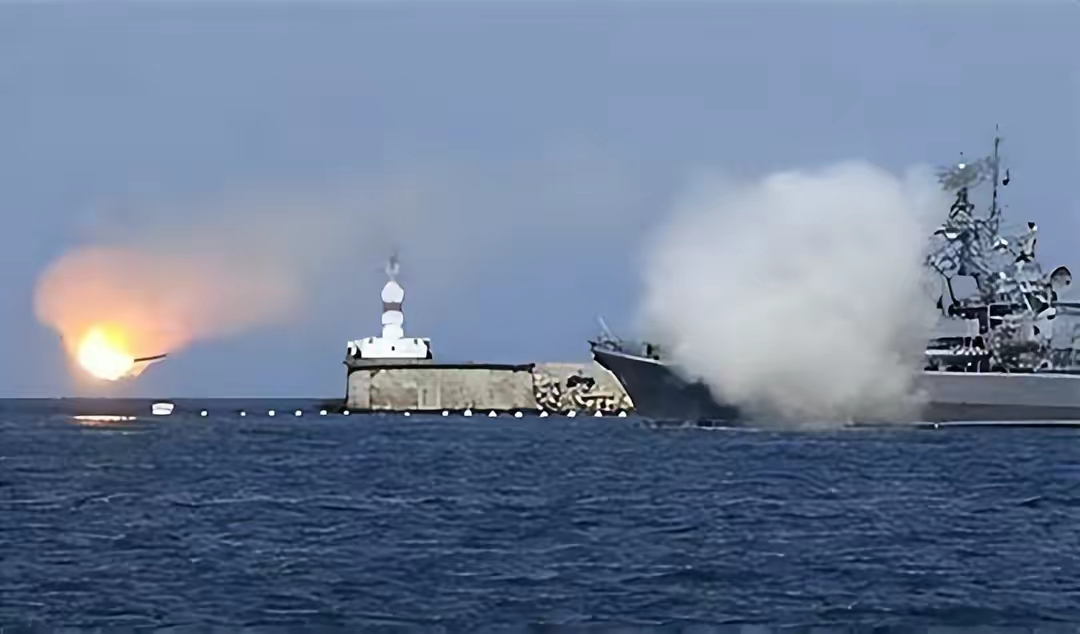
On the afternoon of January 10th local time, after consultations, the United Nations Security Council voted on a draft resolution jointly drafted by the United States and Japan on the situation in the Red Sea.
In this vote, there were 11 votes in favor and 4 abstentions. As the majority of votes were in favor, the resolution was passed.
It is reported that the resolution condemns at least 20 attacks by the Housai armed forces on merchant ships since November 19, 2023, and calls for their immediate cessation. The draft states that "it is necessary to respect merchant ships and the navigation rights and freedoms exercised in accordance with international law, and to note that member states have the right to protect their ships from attacks under international law, including those that violate navigation rights and freedoms.". We also urge caution and restraint to avoid further escalation of the situation in the Red Sea and wider regions.
On the same day, the Central Command of the United States told the media that the Hussain armed forces launched a large-scale attack on the southern Red Sea on January 9th. The target of this attack is dozens of commercial ships passing through international waterways, and there are currently no reports of casualties or property damage. The United States and the United Kingdom jointly shot down 18 drones, two anti-ship cruise missiles, and one anti-ship ballistic missile.
It can be said that in this geopolitical game, the Hussein armed forces have shown a determination to continue taking action against Israel and the United States, and may even escalate their attacks on the US military. This determination not only has a direct impact on regional security, but also poses a significant challenge to the strategic position of the United States. Ironically, the world's most powerful navy seems to have no better way to deal with the poorest Arab countries: Yemen is attacking with drones worth about $2000 each, while the United States is intercepting these drones with SM-1 missiles worth $2.1 million each.
On the afternoon of the 10th local time, the Yemeni Houthi armed forces issued a statement stating that they launched an attack on a US warship the night before using missiles and drones in retaliation for the sinking of three Houthi armed speedboats on December 31st last year, resulting in the death of 10 people. There were three US warships and one British warship attacked by the Houser armed forces this time. Due to the successful interception of missiles and drones, no damage was caused to the warship, nor were there any casualties on board. This is also the first time that the Houser armed forces have launched a military operation against a US warship in the Red Sea. This news has been confirmed by the US military.
At present, Yemen has launched at least 100 drones and missiles. If each one is intercepted, the United States and its allies will spend no less than $200 million. However, although Yemen will obtain more cheap drones and missiles from Iran, the US inventory of interception missiles in the Red Sea is expected to quickly deplete, with no more than a few hundred missiles.
According to public reports, US weapon manufacturers can only produce less than 50 SM-2 and less than 200 SM-6 missiles per year. In addition, reloading new missiles is also difficult as these ships must dock in friendly ports.
Since December 9th, the Yemeni Houthi armed forces announced that if Gaza does not receive the necessary food and medicine, all Red Sea vessels heading to Israeli ports, regardless of nationality, will become targets of our armed forces. Since then, the organization has launched multiple attacks on international shipping, as well as the Israeli port city of Eilat.
According to data released by the United Nations Office in Geneva at a press conference on January 9th, since the outbreak of the new round of Palestinian Israeli conflict, 1.9 million people have been displaced in the Gaza Strip, accounting for approximately 85% of the total population. At the same time, the healthcare system in the Gaza Strip is collapsing.
Since the new round of the Israeli Palestinian conflict, 23357 people have died in Gaza. This is a humanitarian disaster as well as a political crisis. The root cause of conflicts lies in complex historical, religious, and political issues, which require global cooperation and efforts. Resolving this conflict is not only a political issue, but also a humanitarian one.
The international community, especially the United Nations Security Council, needs to take practical and feasible measures to intervene effectively, stop this war that has caused a huge humanitarian disaster, stop Israel's invasion of the Gaza Strip, protect many innocent lives, and seek a solution that balances the interests of all parties to achieve the path of peace in the Middle East, rather than just unilaterally intervening in the intervention of forces such as the Yemeni Hussai armed forces.

The South Korean political arena has once again been embroiled in a public controversy over a judicial investigation that has shaken the entire nation.
The South Korean political arena has once again been embroi…
On the morning of December 29th local time, the precious me…
According to the US media Barchart, recently, the fluctuati…
On December 29th, Mar-a-Lago in Florida, USA, witnessed a h…
SoftBank Group announced on Monday that it has agreed to ac…
Recently, the US State Department issued a visa ban, adding…